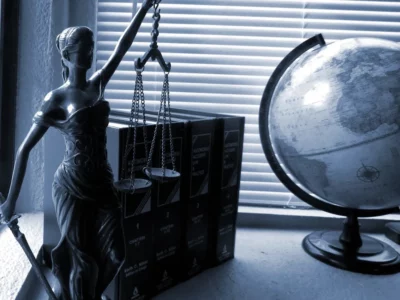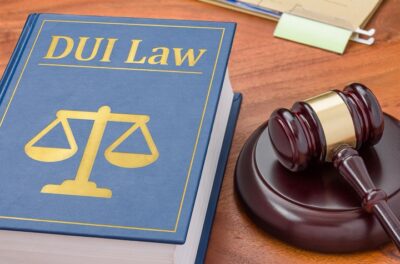Your familiarity with criminal justice might come from a variety of sources. You might have watched news coverage of high profile cases, or seen movies in which criminal trials were portrayed.
You might have a rough understanding of how the criminal justice system works from these sources. But there are also probably many holes in your knowledge as well.
When a criminal law case comes into your real life, all of a sudden this knowledge can become very important very quickly. What is the purpose of criminal law? Read on, and we’ll walk you through everything that you need to know.
Where Does Criminal Law Come From?
Criminal law is set in place when a society decides that a certain action or conduct should be prohibited. This can be something as extreme as murder to as something as simple as public drunkness.
These laws are put in place because there is a societal belief that these actions are dangerous for citizens or damaging to society as a whole. When such conduct is caught, the arrested person is forced to either pay fines or face imprisonment, depending on the situation.
This punishment will be the result of a guilty verdict in a court of law. Not all criminal cases end in a guilty verdict.
Most crime laws are set down by federal, state, and local government legislatures. Criminal laws can vary depending on where you are located in the United States. For example, public drunkness might be a criminal act in some cities or state but not others.
The Criminal Justice System
When people refer to the criminal justice system, they are talking about the entire justice apparatus from beginning to end. That’s from investigation to arrest and from conviction to final sentencing.
The justice system has a large number of people working within it. These include police officers, attorneys, judges, bail bondsmen, probation officers, and many more.
Through all stages and parts of the criminal justice system, a United States citizen is guaranteed certain rights. These rights stem from the U.S. Constitution and protect an individual from undeserved prosecution.
Among these rights are the right to remain silent, the right to an attorney, and the right to a fair trial. These rights make up the backbone of the United States justice system. They provide a balance between government interests and the need to preserve individual freedoms.
How Criminal Cases Work
A criminal justice case can unfold in a variety of ways. There are many factors that determine how a criminal case might unfold. These include the severity of the crime committed, the evidence at hand, and the goals and strategy of the prosecution and defense.
Depending on the above, a criminal case can end in a few ways. A criminal investigation can end with no arrest whatsoever. This means that there wasn’t sufficient evidence to bring a person in.
A person can be arrested and charged with a crime only later to be found not guilty. In many cases, they are acquitted by a jury of their peers. The opposite can be true as well, where an arrested person is found guilty and then sentenced to a punishment.
A criminal case can also end with a plea deal, which is where the accused makes a deal with the government to be let off or granted leniency in exchange for some kind of information.
It can also end in dismissal, which is when the court system throws a criminal case out of court. This can be due to the illegal seizure of evidence or a number of other laws and regulations.
A compoundable offence is another situation in which the prosecution drops charges in return for a compromise of some sort with the defense.
Felony and Misdemeanor Crimes
Criminal charges are typically classified as one of two categories: felonies or misdemeanors. Felony charges are more serious than those classified as misdemeanors.
Misdemeanor crimes usually carry a maximum penalty of less than a year in jail. Felony charges can last more than one year and can introduce state prison as opposed to local jails. Felony charges are taken very seriously by most of the country and can prevent you from finding work or returning to a normal life.
Many states have an even lower level of a misdemeanor than the traditional classification. For these lower level misdemeanors, jail time is prohibited. Most charged individuals will just need to pay a fine.
Crimes are broken down into these two categories at the federal, state, and local levels. You are charged at the court level that you are arrested in. That means if you’re arrested by a state cop, you’ll be seen in that state’s court system.
If you were to be arrested by an FBI agent for federal crimes, you would have to fight your case in a federal courtroom.
The local, state and federal levels work in a kind of Russian doll hierarchy. That means that a lower level of government can invalidate the higher level’s laws. A state or local law can be more restrictive than a federal one, but they can’t nullify an existing law from a higher level.
This explains how marijuana, for example, is legal in some areas but not others within the United States.
What Is the Purpose of Criminal Law?
If you’ve ever caught yourself wondering “what is the purpose of criminal law?“, then hopefully the above information has been very helpful. Understanding the justice system can be key if you’re facing any criminal charges of your own.
Want more legal advice? Check out our blog for more.










